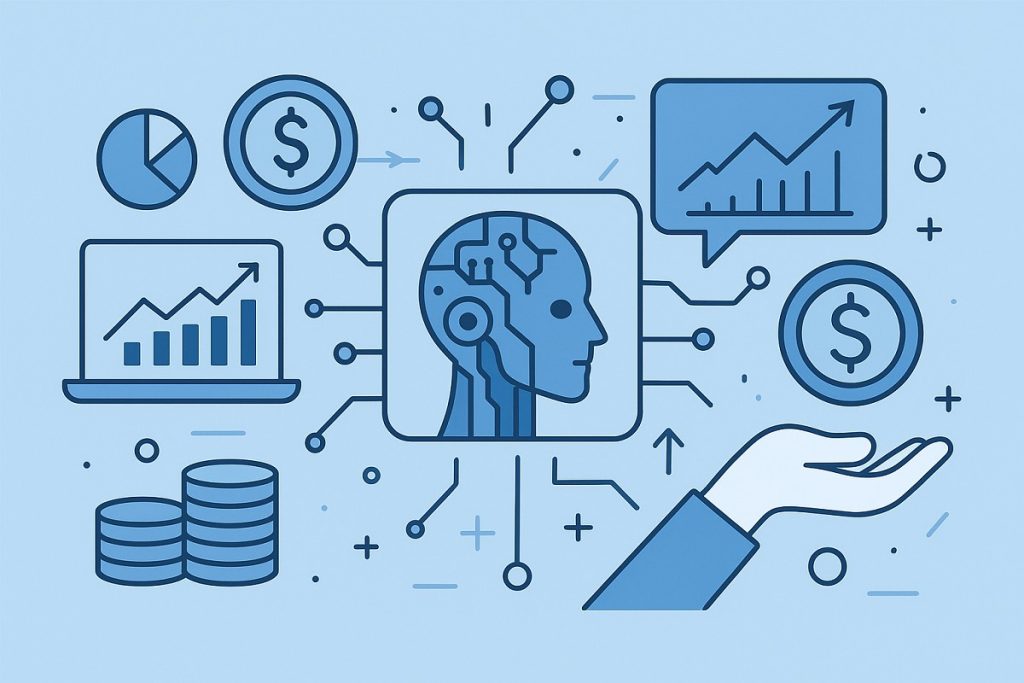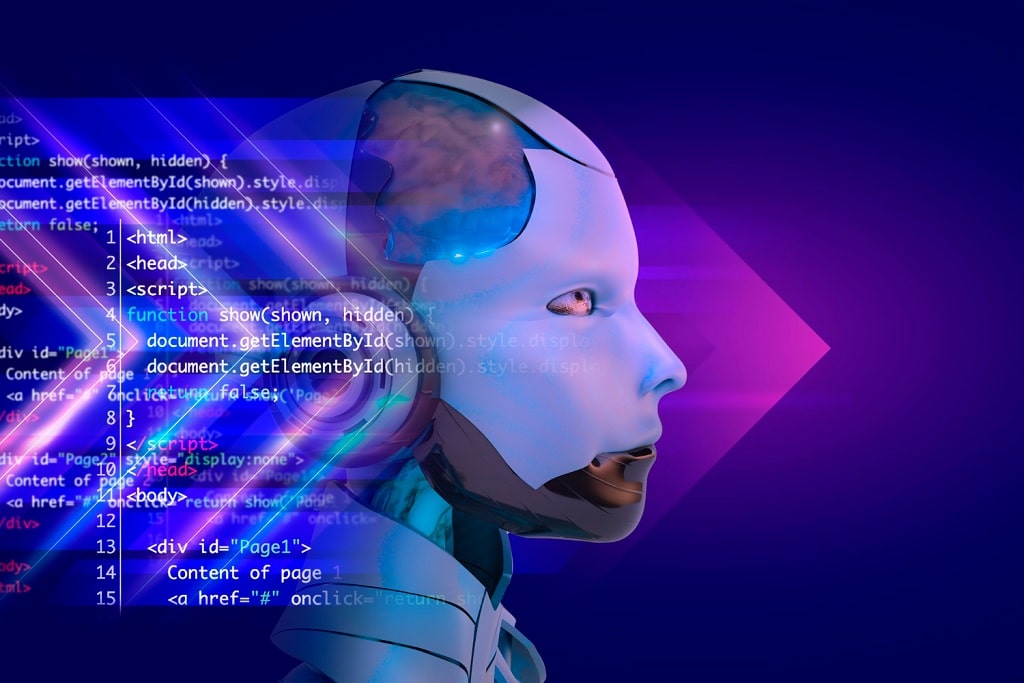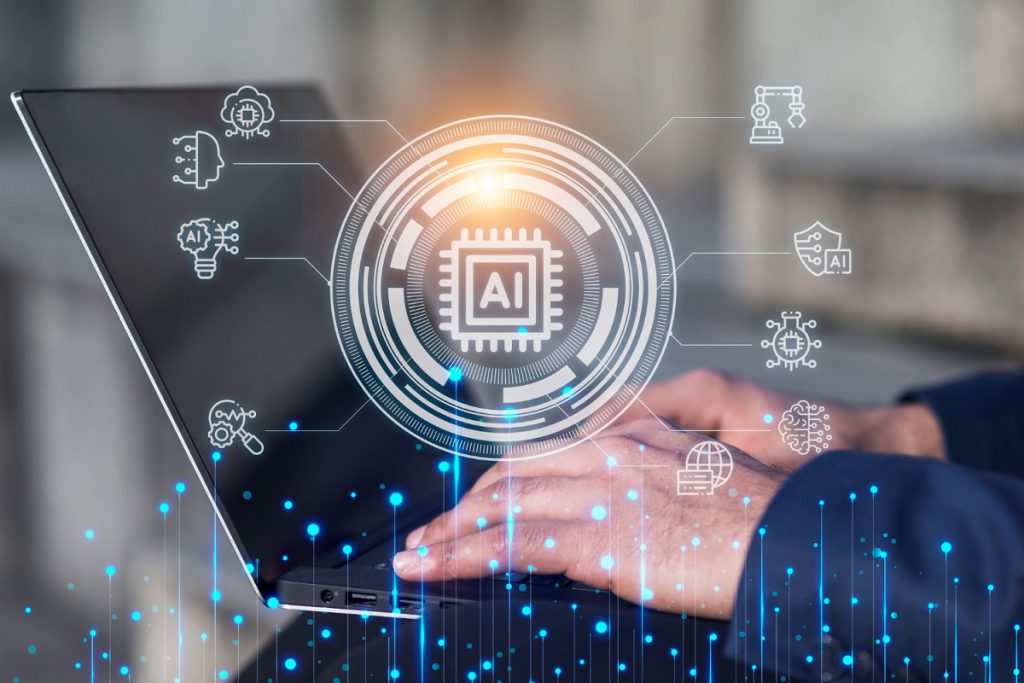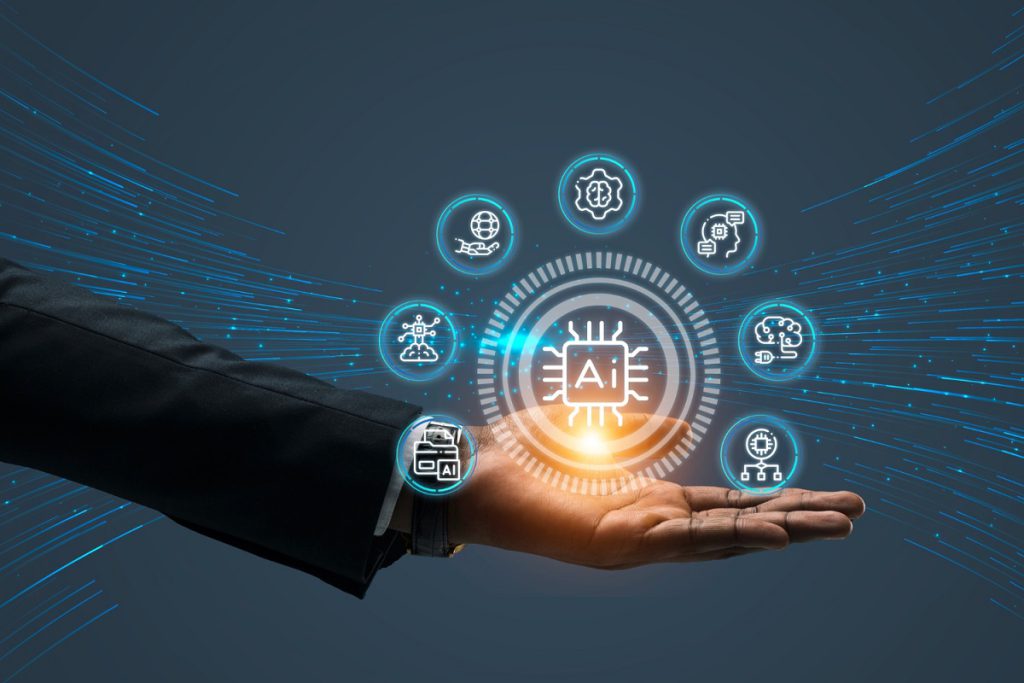The rise of AI in Fintech has absolutely modified how human beings and groups manipulate money. From fraud detection to customized banking, artificial intelligence is making monetary services quicker, more secure, and smarter. Today, modern-era companies use AI now not only for records analysis but also for superior security measures like facial recognition. These improvements help banks and fintech startups offer customers better experiences while also reducing risks.
Understanding AI in Fintech
At its center, AI in fintech means the usage of artificial intelligence gear to improve monetary services. This consists of studying huge quantities of records, automating repetitive duties, predicting marketplace traits, and enhancing customer service. The AI in fintech enterprises is hastily growing due to its potential to make choices quicker and more as they should be than human beings. For example, AI algorithms can process thousands and thousands of transactions in seconds, identifying unusual spots that would suggest fraud. Modern accounting software also leverage AI to automate bookkeeping, streamline billing, and reduce human error.
The Growth of the AI in Fintech Industry
The AI in the fintech industry has expanded fast in recent years due to the upward thrust of digital banking, online investments, and mobile payments. AI is assisting creditors in examining credit rankings greater than it should be, fee corporations save you from fraudulent transactions, and funding firms create clever portfolios. Fintech startups are the use of AI to serve customers who may not have the right of entry to conventional banking, making economic offerings extra inclusive.
Security Advancements with Facial Recognition
One of the most important packages of AI in finance is facial recognition. This technology permits monetary establishments to affirm a user’s identification through analyzing their facial functions. For cell banking, this indicates customers can log in securely withoutremembering long passwords. It additionally enables the prevention of account theft, as it is much harder for criminals to fake a face than to get a password.
Also Read: Transforming Wealth Management AI enabled financial planning applications
What is Facial Recognition?
Simply put, what is facial recognition? It is a biometric era that uses AI to discover and confirm a person by scanning their face. It captures a photo and analyzes precise functions, just like the distance between the eyes or the form of the jaw, after which it fits it with stored data. This approach gives a steady and handy way to authenticate users inside the economic quarter.
When Was Facial Recognition Technology Invented?
Many people are surprised when they learn when the facial popularity era was invented. The idea started in the Sixties while researchers started out experimenting with computer systems to recognize faces. However, it became more advanced inside the nineteen nineties and early 2000s with upgrades in gadget mastering. Today, thanks to deep learning and AI, era facial recognition structures can process photographs in real time and work with splendid accuracy, even in exceptional lighting fixture conditions.
How Does Facial Recognition Technology Work?
To recognize its function in finance, it’s crucial to recognize how facial popularity technology works. First, the machine captures an image of the face from a digital camera or device. Then, an AI software program converts the image into a completely unique facial signature, a mathematical component representing the face. Finally, it compares this signature with saved information to verify identification. In fintech, this method is nearly immediate, allowing secure transactions and account access in seconds.
Everyday Use of Technology: Facial Recognition in Finance
Banks and fintech companies now use era facial popularity for a couple of functions:
- Customer verification throughout account opening
- Secure login for cellular banking apps
- Fraud detection for on-line transactions
- ATM get right of entry to without physical cards
By integrating this technology, establishments reduce identification theft and enhance purchaser consideration.
Also Read: 8 Key Points to Consider Before Implementing AI in the Finance Industry
Innovations—Google is Testing Facial Recognition Technology
Even massive tech organizations are exploring how Artifical intelligence can improve monetary safety. For example, Google is testing facial recognition in unique packages, from stable logins to price confirmations. If such equipment is integrated with fintech systems, it may cause a greater seamless and stable digital banking experience internationally.
Benefits of AI in Fintech and Facial Recognition
The combination of AI in Fintech and facial recognition brings numerous benefits:
- Enhanced Security: It’s Harder for hackers to pass biometric structures.
- Convenience: No wanting to forget complex passwords.
- Speed: Instant authentication saves time for both clients and groups.
- Fraud Prevention: AI structures discover suspicious pastimes quickly and correctly.
Future of the AI in Fintech Industry
The future of AI in the fintech industry looks promising. As generation improves, we will anticipate even faster and extra secure payment methods, smarter investment equipment, and higher fraud detection. Facial reputation will in all likelihood, become more common and be included in ATMs, banking apps, and even retail fee structures.
Conclusion
AI in fintech is not just a trend; it is reworking the complete monetary services panorama. With the AI in fintech enterprises developing rapidly, gear like facial recognition is getting important for steady and handy banking. Knowing what facial recognition is, when facial reputation generation was invented, and the way facial recognition generation paintings help us recognize its significance in protective economic transactions. As improvements persist, and as groups like Google are trying out facial popularity technology, customers can expect a future where banking is faster, more secure, and smarter than ever.




